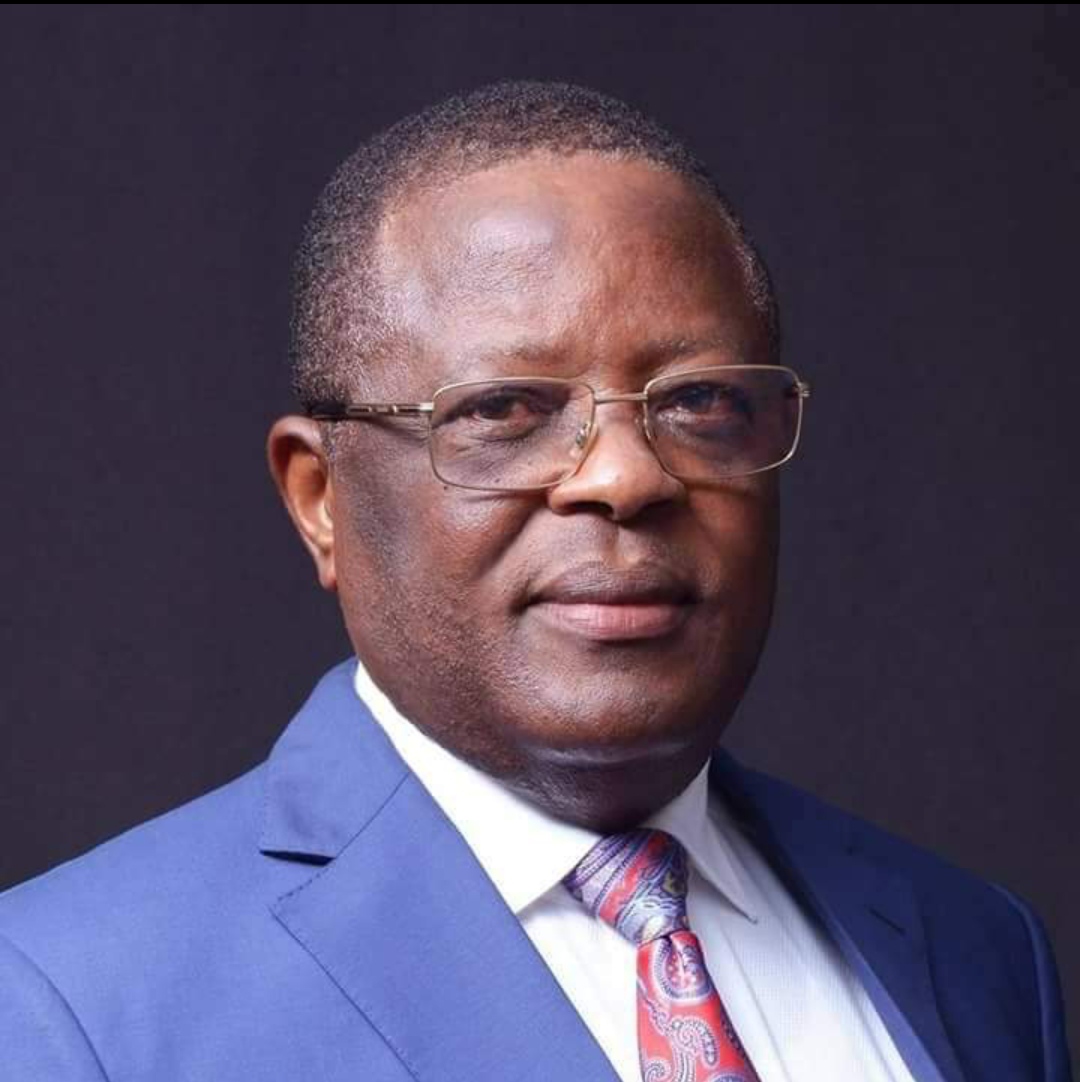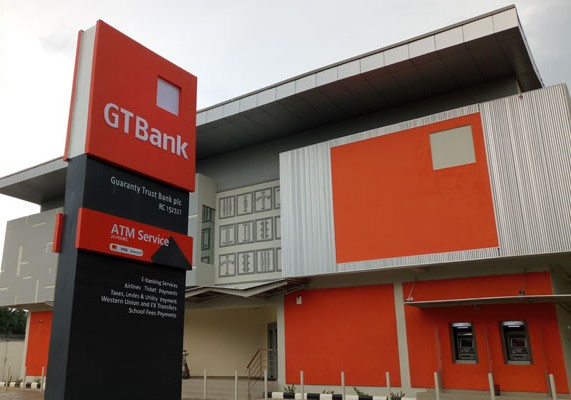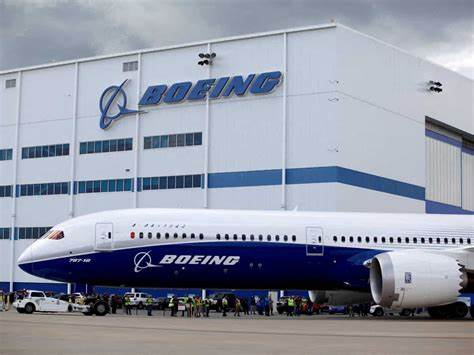The Federal Government has unveiled ambitious plans to complete the Lagos-Abuja super highway within four years, and significantly reducing travel time between the nation’s two major cities.
This revelation came during a press conference on Saturday, where Minister of Works, David Umahi, outlined the remarkable details of this game-changing infrastructure project.
Join our WhatsApp ChannelWith unwavering confidence, Umahi boldly declared, “Driving from Lagos to Abuja will take just 4 hours on this highway upon its completion.” This remarkable promise immediately captivated the nation’s attention, hinting at a new era of efficient travel in Nigeria.
READ ALSO: Umahi To Road Contractors: I’m Not Probing Anyone
The highway’s unique selling point lies in its construction material. Umahi emphasized that the entire road will be made solely with concrete, asserting that it is not only a cost-effective choice but also offers unparalleled durability.
He went on to extol the virtues of concrete, stating, “Concrete roads are more durable and cheaper than asphalt.” This announcement signifies a significant shift in the government’s infrastructure strategy, with Umahi revealing that he has directed that “all ongoing projects that have not advanced up to 80 percent should be completed using concrete.”
Perhaps the most astonishing aspect of this project is that it will not cost the Federal Government a single kobo. Minister Umahi disclosed that the Lagos-Abuja super highway is a Public Private Partnership (PPP) initiative, exclusively funded by the consortium in charge, led by Kenny Martins, Chairman of Advance Engineering Company.
The government’s role will be limited to supervision, allowing the private sector consortium to take the reins in what Umahi described as a “build, operate, and transfer deal.” To recoup their investment, the consortium plans to implement tolls at various points along the route.
Umahi shared the President’s unwavering support for the project, emphasizing, “The president has approved that I fast-track this project. This project is going to be two lanes, but each lane is going to be a two-carriage way, and it is going to be 14 meters wide.” Comparing it to the iconic Third Mainland Bridge, he added,
“The only carriageway equivalent to this is the Third Mainland Bridge where each carriageway is 14 meters. It is going to be built on 275-millimeter thick concrete.”
Moreover, the Minister assured the public of the project’s longevity, stating, “The live-shelf design of the project will be 100 years.” This long-term vision aligns with Nigeria’s aspirations for sustainable infrastructure development.
Emmanuel Ochayi is a journalist. He is a graduate of the University of Lagos, School of first choice and the nations pride. Emmanuel is keen on exploring writing angles in different areas, including Business, climate change, politics, Education, and others.



















Follow Us